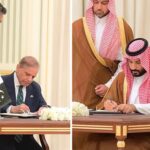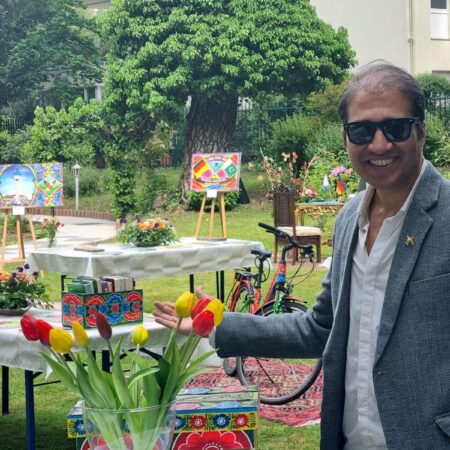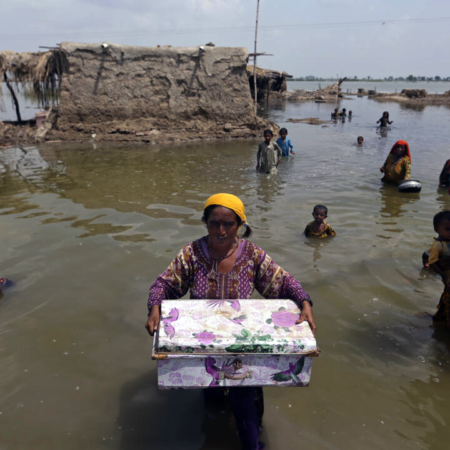
The new leader of Sri Lanka reversed his electoral promise to renegotiate the agreement his predecessor had obtained by endorsing a contentious bailout of the International Monetary Fund (IMF) on Thursday.
Anura Kumara Dissanayake, the leftist president who strengthened his hold on power last week after securing a sizable majority in the assembly after his own triumph in September, promised to keep the IMF program in place.
After defaulting on its $46 billion external debt in April 2022 amid an unprecedented economic crisis, Sri Lanka turned to the IMF for a rescue plan.
Months of mass demonstrations and the resignation of then-president Gotabaya Rajapaksa resulted from the lack of foreign cash, which prevented the nation from paying for even the most basic imports of food and fuel.
Colombo had to agree to restructure more than 50 state businesses that were losing money, withdraw significant energy subsidies, and drastically hike taxes in order to repay the $2.9 billion loan that was obtained early last year.
The National People’s Power party, led by Dissanayake, had declared that it would renegotiate the bailout deal because it disagreed with the IMF’s debt estimate.
However, Dissanayake claimed that the economic recovery was too fragile to take chances in his opening remarks to the new parliament, where his party had a two-thirds majority.
He ruled out talks with the IMF or creditors, saying, “The economy is in such a state that it cannot take the slightest shock… there is no room to make mistakes.”
This is not the time to talk about whether the terms are favorable to us or not, or whether the agreement is good or not… We can’t start the procedure anew because it took almost two years,” he stated.
He noted that the finance minister is in Colombia for discussions with a visiting IMF mission, which could finalize the postponed third review of the four-year loan program this weekend.
After the board of the international lender of last resort gave its early approval, Sri Lanka anticipates receiving the next tranche, which is approximately $330 million.
Last month, the controversial restructuring of $14.7 billion in foreign commercial loans, initially agreed upon by predecessor Ranil Wickremesinghe, was approved by Dissanayake’s temporary cabinet.
In order to revive the island’s economy, which saw its worst crisis in 2022 when it shrank 7.8%, the IMF has made debt restructuring a top priority.
Dissanayake’s political triumph was largely fueled by discontent with established politicians who were blamed for the economic disaster.
Although formal agreements have not yet been signed, the government and its bilateral lenders reached an agreement in June to restructure its official credit in the sum of $6 billion.
More than half of the foreign sovereign bonds and foreign commercial loans to the South Asian country are held by private creditors, who agreed to a 27 percent haircut on their debts as part of the agreement announced on September 19.
Additionally, they consented to a further 11 percent cut in the interest that was due to them. $12.5 billion is made up of foreign sovereign bonds, with the remaining $2.2 billion due to the China Development Bank.












No Comment! Be the first one.